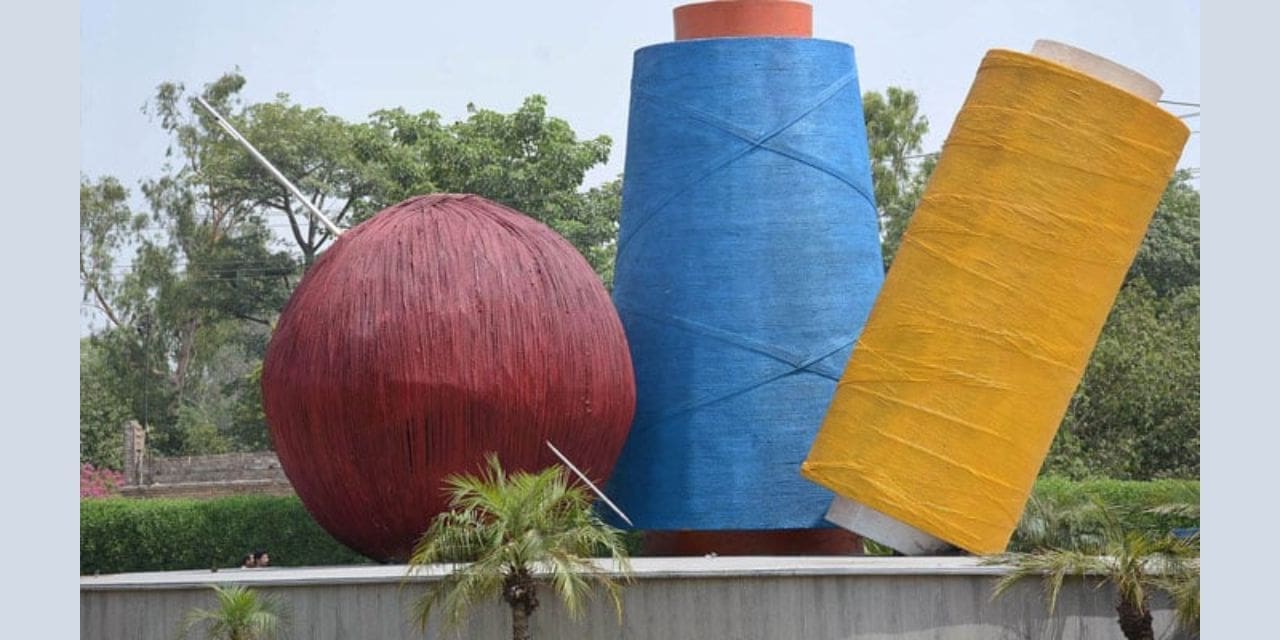An industry association stated that Pakistan’s textile industry, which is a major contributor to the nation’s exports and jobs, is in dire need of help after being driven to the verge by excessive electricity costs, unfulfilled promises, and economic threats.
The government should act quickly to reinstate the competitive electricity pricing of 9 cents per kilowatt-hour (KWh), which was promised to the industry but later withheld, preventing factory closures and employment losses, according to the All Pakistan Textile Mills Association (APTMA).
In a presentation to the National Electric Power Regulatory Authority (NEPRA), APTMA stated, “The textile industry is in a critical situation due to high power costs, as the government’s failure to keep the promised rate of 9 cents per KWh and increase it to the current 14 cents has led to deindustrialization and export decline.”
According to an APTMA representative, power tariffs have risen above a key point of 12.5 cents/KWh, rendering the industry uncompetitive and driving out businesses. The industry cannot expand if rates above 9 cents/kWh, and the number of units in operation rapidly declines. Businesses become uncompetitive and close their doors if tariffs reach 1.5 times the Regionally Competitive Energy Tariff (RCET).
The current cost, which is roughly 14 cents per kWh, indicates a significant drop for textile companies and puts Pakistan’s economy at grave risk. Before the National Electric Power Regulatory Authority (NEPRA), the All Pakistan Textile Mills Association (APTMA) pleaded that immediate actions were required to avert a serious economic disaster.
In October 2023, the power consumption of textile and clothing companies on the LESCO network decreased by 49% year over year, while on the MEPCO network, the reduction was 36%. These statistics provide strong evidence of deindustrialization.
According to the Association’s representative, Pakistan’s textile industry was in dire straits after the removal of the 9-cent Regional Competitive Energy Tariff (RCET), which caused textile exports to fall by 15% from $19.3 billion in FY22 to $16.5 billion in FY23. The industry is at a critical point as a result of this, which comes after a noteworthy 54% increase in the two years prior, from $12.5 billion in FY20 to an astounding $19.3 billion in FY22.
The projected $5 billion increase in export capacity and the development of 0.3–0.5 million jobs do not appear to be materialising despite a $5 billion injection to improve the situation and generate employment.

